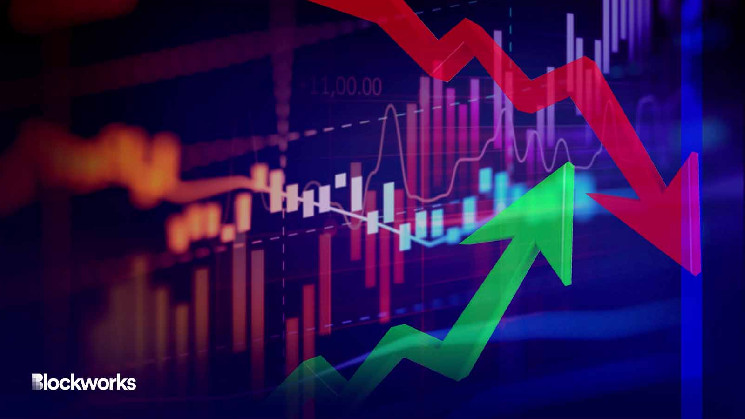The operators of crypto hedge fund firms have found themselves in a conundrum: Returns have been up, but capital-raising has been down.
Numerous portfolio managers overseeing digital asset strategies have seen improved performance. This is especially notable for those focusing on multi-strategy and yield-bearing approaches. This uptick comes as we approach the anniversary of Q4 2022.
In a research report focusing on crypto hedge funds through the first half of 2023, 21e6 Capital of Switzerland found that directional funds underperformed bitcoin as the asset took off in the first half of the year. Quantitative strategies and futures-focused approaches also lagged crypto’s largest player, which soared about 84% from January through June.
But there have been signs of life when it comes to new launches.
Most funds were in the green, but the green wasn’t good enough to attract capital, in many cases, according to 21e6 Capital.
“In our regular conversations with crypto funds, we sense that the market sentiment among their LPs/investors is still lower than would be expected after a positive start to the year,” the firm writes in its August report. “Many funds certainly lagged the market and now have a harder time presenting a value proposition to their prospective investors.”
In the fourth quarter of 2022, institutional investors with traditional finance ties had been ramping up their due diligence as the bull market continued to build, before it ground to an abrupt halt as FTX imploded.
A good number of those Wall Street types, according to industry participants, pumped the brakes on the checks they had been planning to write. And some have continued to stay on the sidelines, driven, at least in part, by regulatory uncertainty that continues to cloud the sector’s US outlook.
Crypto-native funds have mostly stayed the course – even if some players have moved more substantially into cash than they typically would. Meanwhile, digital asset markets saw a decline in July, retracting a portion of their gains from the first half of the year.
ProChain Capital is a multi-strategy crypto fund that invests in spot cryptocurrencies, equity and debt associated with digital assets, and venture investments. According to a tear sheet shared with existing and potential investors, the fund reported a 42.21% increase through the end of July.
ProChain, run by its president, David Tawil, dipped 3.2% in July as the fund looks to recover from a 65.15% plunge in 2022, its first full-year negative result.
In an accompanying note to investors, Tawil wrote that the recent Ripple decision that played out in a federal district court was the “biggest crypto-related development of the last few weeks.”
“The SEC’s stance that all crypto assets, except for Bitcoin, are securities was definitely undermined,” Tawil said, going on to note a number of outstanding issues at play in the case, and issues outstanding in the US regulatory landscape more broadly.
Hedge funds become buyers
Hedge fund managers have staked out broader investment mandates in an effort to capitalize on a number of ongoing dislocation opportunities in crypto markets. Last year marked the rise of specialist institutional funds, strategies that bet it all on their investment team’s ability to derive alpha from a particular sector. Yield-farming approaches came into vogue, and a number of asset managers trading nothing but crypto derivatives gained steam.
Faced with smaller capital reserves, as well as more limited opportunities in asset terms to deploy funds in a bear market, traders have been branching out.
Ramped-up buying and selling on Curve DAO (CRV) in the last couple of weeks has marked a key example. The result, according to multiple research reports, has been a sudden spike in liquidity on the DeFi protocol.
Read more: Crypto hedge funds expect digital assets will be up by the end of the year
David Lawant, the head of research for crypto prime brokerage FalconX, wrote in a research report on Tuesday that the firm saw “strong activity in CRV from hedge funds, with buy and sell volumes almost evenly distributed.”
The week prior, FalconX researchers highlighted a trading trend — namely that, “hedge funds and retail aggregators [have been] better buyers while venture funds and institutional wealth managers as better sellers.”
Persistent buys of digital assets, as well as derivatives, by crypto hedge fund managers may reflect a conviction that the market’s bottom is in — or, at least, has been priced in. The buying trend marked a market uptick from July, according to FalconX data, when hedge funds were deemed better sellers, representing 53% of total flows.
 blockworks.co
blockworks.co
